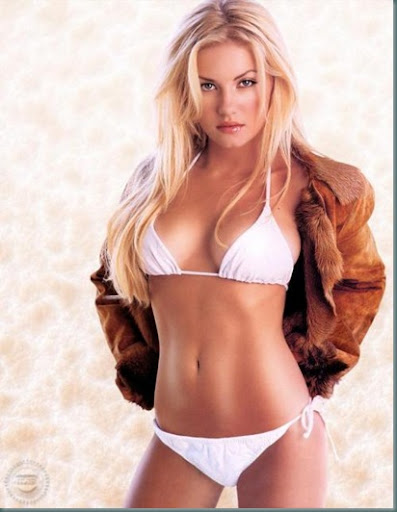Just four days before the Bush administration named John G. Roberts Jr. to fill retiring Justice Sandra Day O'Connor's seat on the Supreme Court, the District of Columbia federal appeals court decided a case called Hamdan vs. Rumsfeld. In a crucial victory for the administration, the court upheld President Bush's creation of special military tribunals for trials of alleged terrorists and denied them the protection of the Geneva Convention. Roberts was one of the judges who decided that case, but he should have recused himself.
While the case was pending in his court, Roberts was interviewing with high White House officials — including Atty. Gen. Alberto R. Gonzales, Vice President Dick Cheney and Deputy Chief of Staff Karl Rove — for a seat on the Supreme Court. In the words of the federal law on judicial disqualification, this placed the judge in a situation where "his impartiality might reasonably be questioned."
Of course, during Bush v Gore in 2000, there were at least two Supreme Court justices who should have recused themselves. So, it's not like this is a problem, and no macho but compassionate man should be expected to think otherwise, right?
From Blah3:
January 2001...
President Bush witnessed the swearing-in of his White House staff Monday and said he expected them to avoid even the appearance of impropriety and to conduct themselves with humility and civility at all times.
Bush warned that he expected his White House staff to meet the highest ethical standards, avoiding not only violations of law, but even the appearance of impropriety.










No comments:
Post a Comment